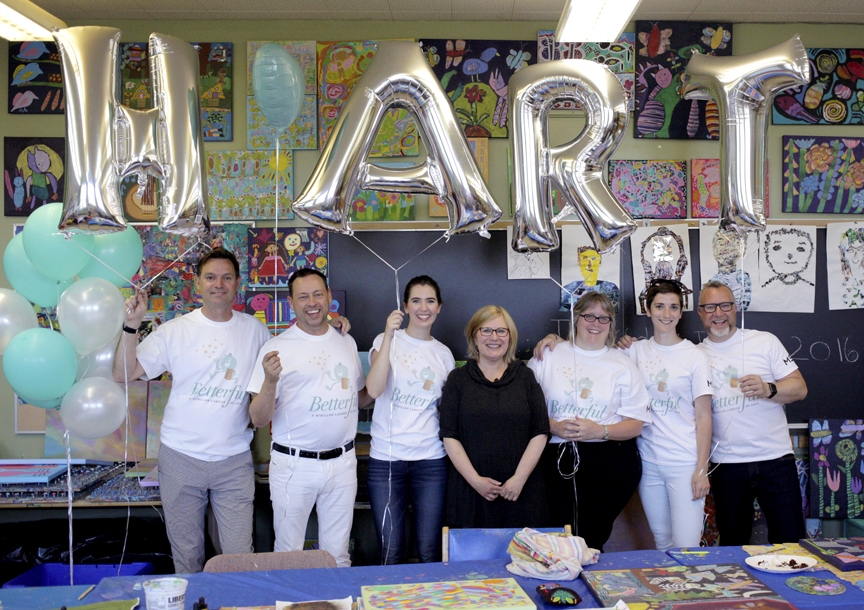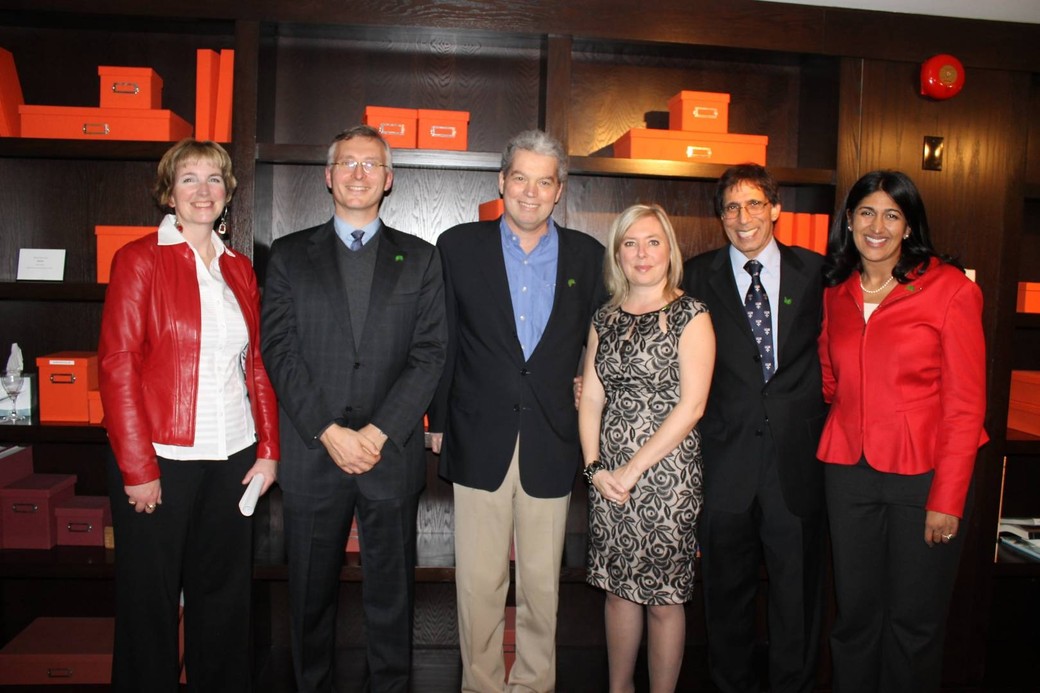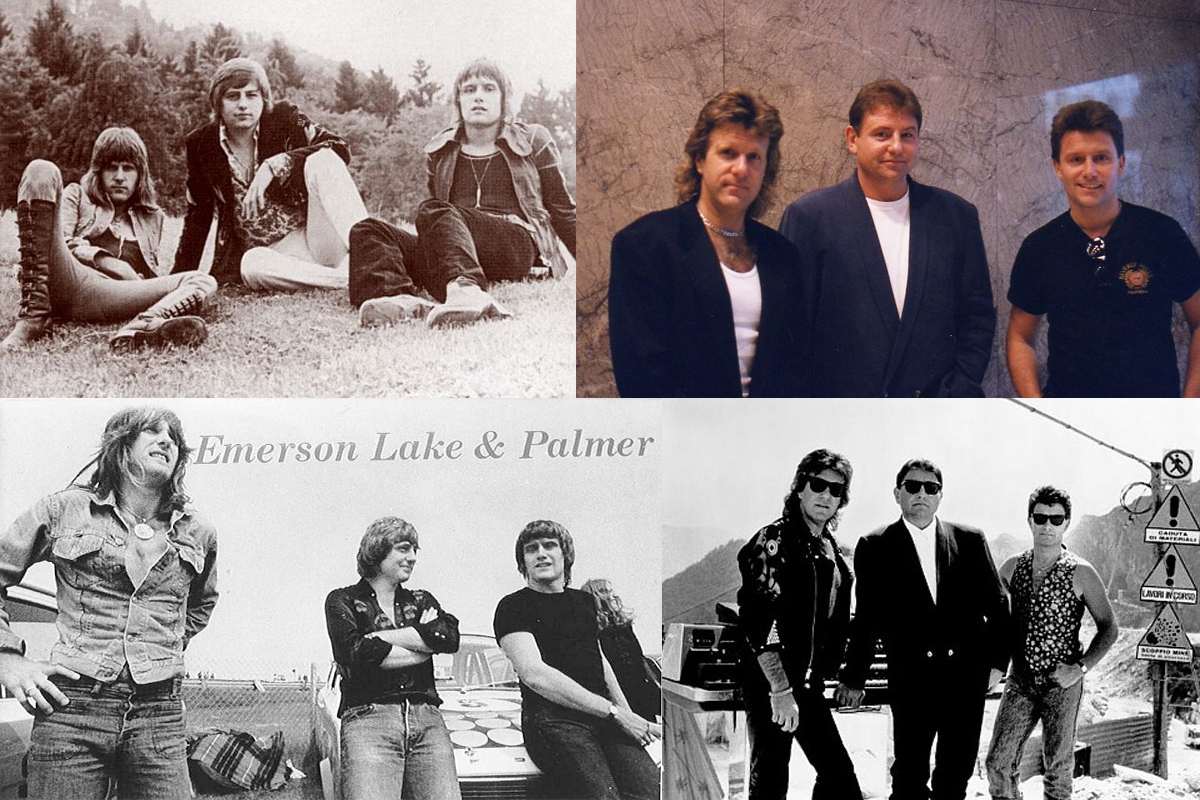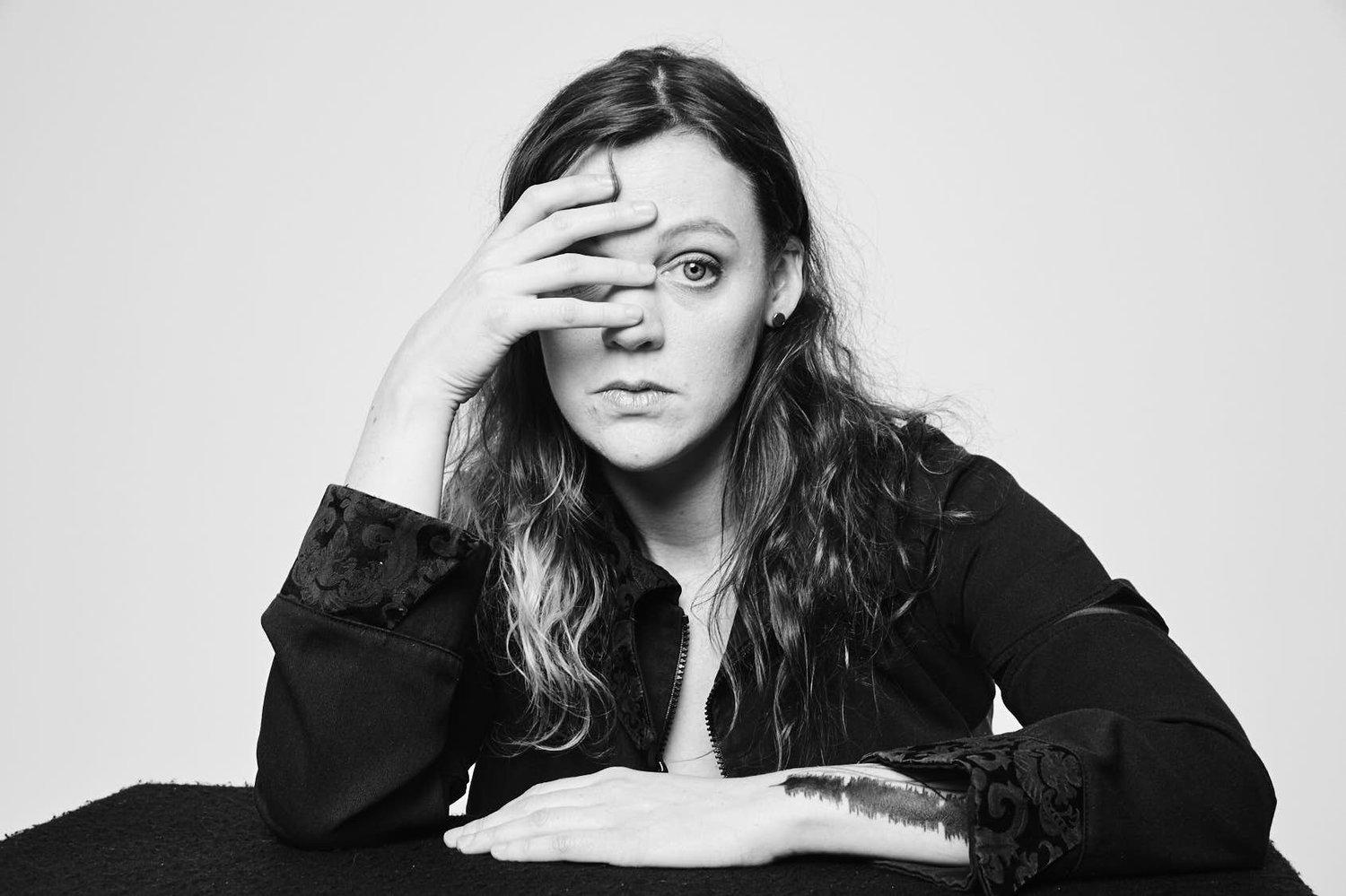
Amelia Curran’s Watershed
Photos courtesy of Six Shooter Records
“Have I over stayed my welcome on the FM radio? / Did I capture some affection?” asks St. John’s songwriter Amelia Curran on “Stranger Things Have Happened”, a cut from her eight album Watershed. The song doesn’t necessarily suggest the singer is looking to step back from the microphone but addresses a fatigue with elements of the music business that she’s quite frankly had enough of.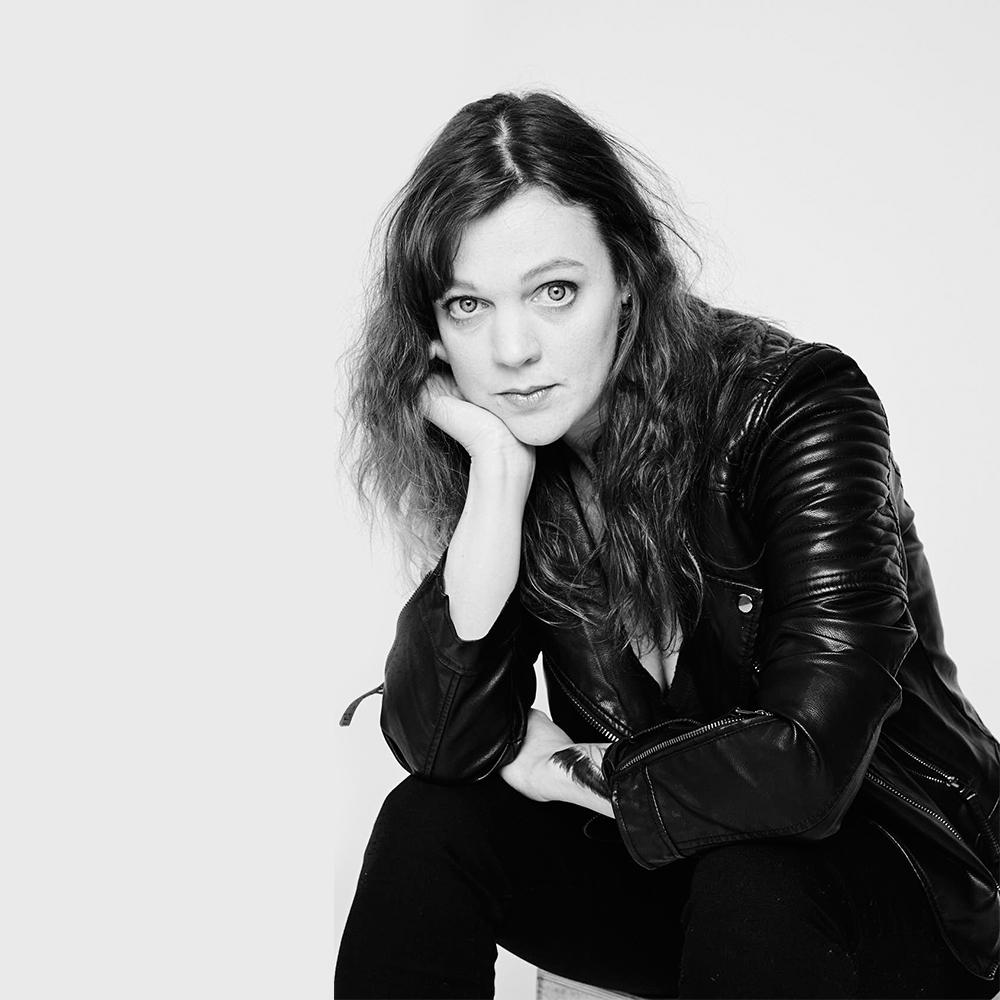
As the title suggest, this releases marks an abrupt directional shift for the artist who has become much more vocal on the issues facing women in the music industry. Recently, she’s addressed a concern that the “flags of feminism have been flying low of late” for young women and things have become far too stagnant for her liking. “No More Quiet” finds Curran tackling this problem head on by casting a big, bright light on the ugly realities of inequality and gender tokenism.
Her advocacy for mental health awareness as well as her more recent work in the political and humanitarian fields also are present here.
“The root of advocacy is somewhere near exhaustion and rage. I am tired and I am angry,” says Curran on the difficulty she’s faced paddling through the currents that threaten to wash over her fight to reduce the stigmas behind mental illness and depression. It’s those rough waters that had her founding the grassroots advocacy group It’s Mental.
She’s continued to back up her words with action. As somebody who copes with anxiety and depression herself, she started to hear about peers who had been waiting years in some instances for proper treatment or even a diagnosis. Along with It’s Mental, Curran changed mediums last year to direct and produce the documentary film Gone where she opens up about her struggles as well as those of many of her friends. Last month she was also named honorary chair of the St. John’s Status of Women Council so when she says “No More Quiet” you can be assured she means just that.
“You can try and change their minds, you can try to compromise / one and one against the overflow,” she sings on Sunday Bride while on You Have Got Each Other she reflects that “time is only temporary / it cannot keep hold / love is only human / we can’t do this alone”.
On Watershed, Curran gives voice to the many who may feel voiceless. It's a release that shows there is still much work to be done and silence is by no means golden.
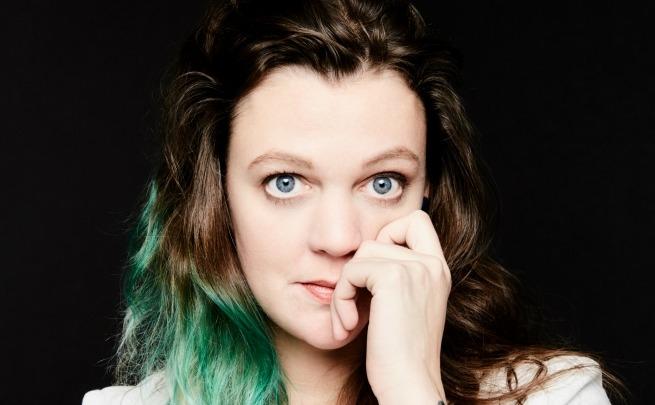
Ottawa Life spoke more with the musician and activist about the new release, views on the music industry and how communities can help those coping with mental illness.
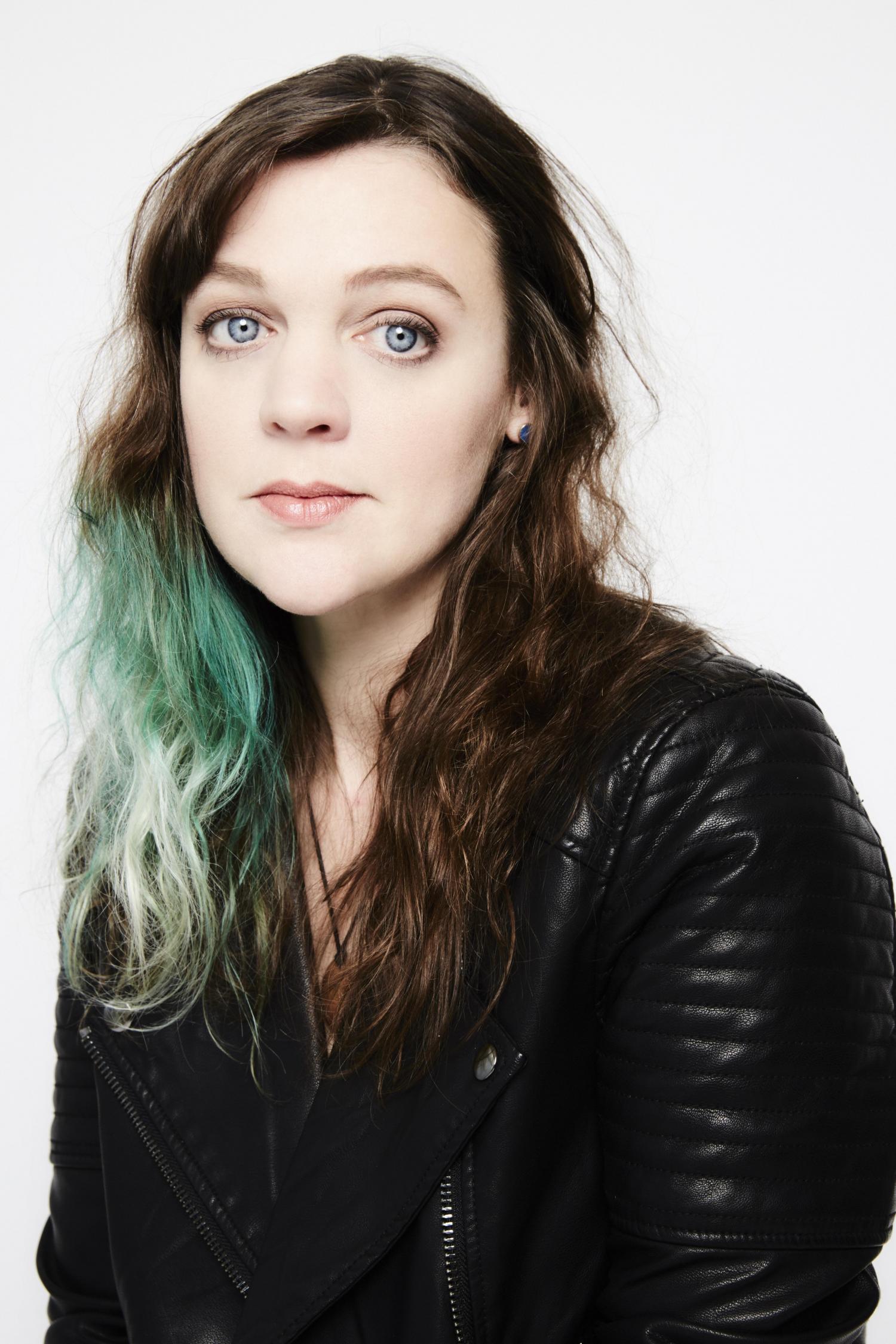 You’ve said that, reflecting on how the business has changed, you don’t feel you’d have the skills to go back to being indie. How do you see musicians that are in similar shoes that you were in once getting their music out there now?
You’ve said that, reflecting on how the business has changed, you don’t feel you’d have the skills to go back to being indie. How do you see musicians that are in similar shoes that you were in once getting their music out there now?
The pathway between music creators and their audiences narrowed significantly with social media, but in reality – in the real enacting of it – that connection was only narrow for a short time. There are teams of people dedicated to managing an artists social streams, whole army’s working to guide audiences to this or that, constant availability, constant special offerings . . . the business of begging for attention is too much for one individual. Most of us just want to play music. It is a whole other thing to want to play music for an audience that wants to hear it.
Taking about modern times, it seems a lot of artists have to find some kind of footing on a social media platform or places like Bandcamp or YouTube. However, you’ve been pretty clear that this whole social media thing isn’t for you. What has you disinterested?
I run very little of my social media platforms as it is, and for that reason alone it is an inauthentic narrative. I see the value in social media, to be sure, I am neither better nor lesser than those who master it, and some do. I am just not one of them.
I read once how you have tossed out entire albums because they didn’t meet your standards and expectations. How much do you scrutinize your songs and what are signs for you that they are working?
I believe a song is working if it it gets stuck in my head. If I can recall it the next day without referencing the recorded notes, I’ll keep working on it. Plenty of music gets lost to the cutting room floor, for plenty of reasons. I’m certainly guilty of tossing out quite a lot of songs – I think they are just stepping stones to what you hear in the end – like each piece has a predecessor.
Throughout your life you have battled issues with mental health which, in turn, has guided you into advocacy. What do you feel are some of the big misconceptions people going through this?
It is easy for artists to speak publicly about mental illness because artists are expected to be mentally ill. Our collective reputation for being sensitive and misunderstood lends itself to discussion of such things. It is unfair, however, to be okay with that expectation. Artists are more widely celebrated when they are addicts or train wrecks – the entertainment factor of a falling star is cruel. To applaud a celebrity while condemning a neighbour, for the same behaviours, is backwards.
How do you feel communities can better help those dealing with depression and issues pertaining to mental health?
Community, itself, is essential. We must realize that everyone – everyone – has challenges. Inclusion in our communities is what saves the human race, but no effort is singular. We need community organizations to work alongside Governments, not in spite of them.
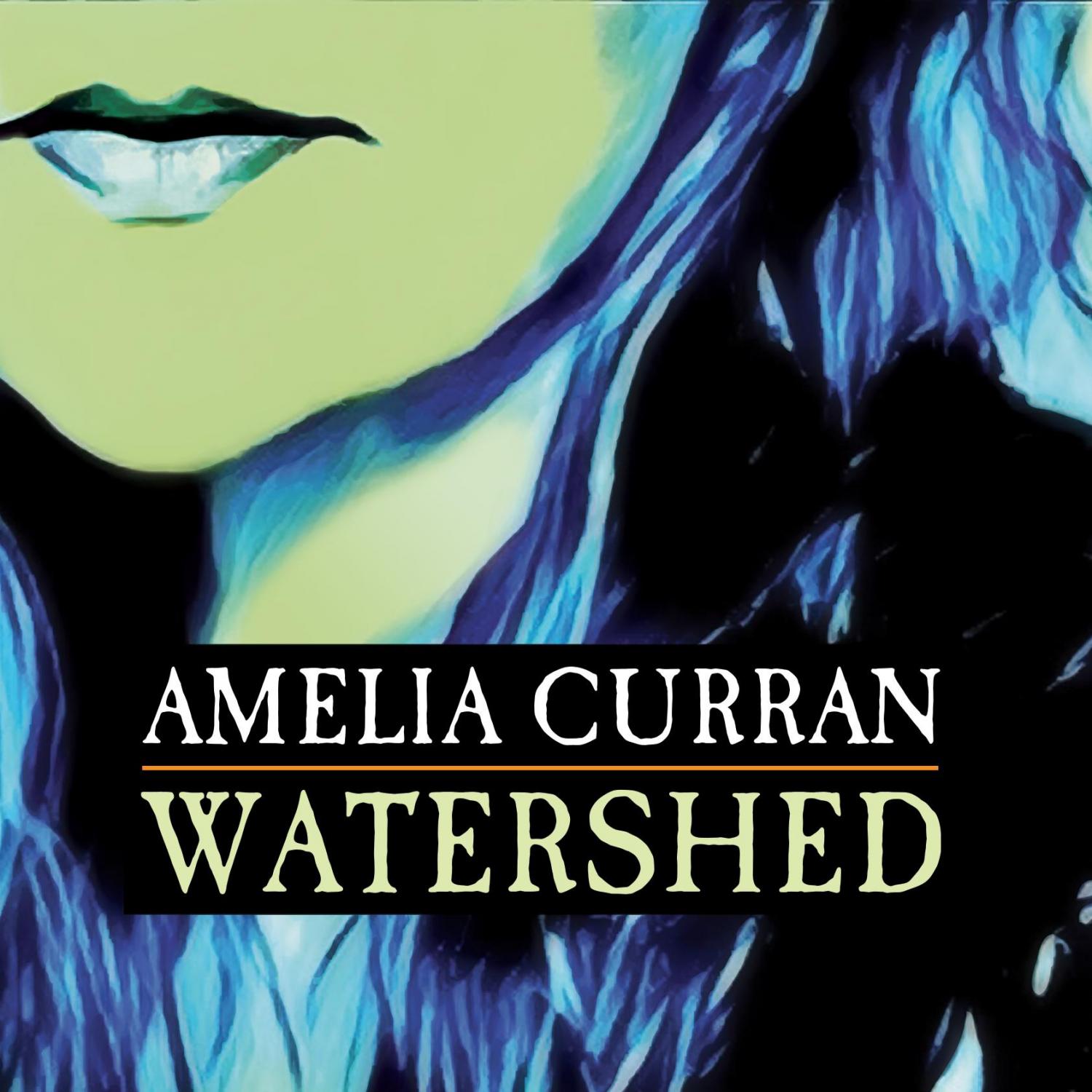 You are calling this an activist record. How was your approach to Watershed and how do you feel it most differs from your other recordings?
You are calling this an activist record. How was your approach to Watershed and how do you feel it most differs from your other recordings?
This is an activist record because I came out of the gate saying “hey everybody, this is an activist record”, and there is always a narrative that sticks. I have always written along the same themes. This record may have come with a neon sign blaring “activist!” at you, but the thesis is the same. Compassion, understanding, equality.
You also take on gender gaps in the music industry. I recently chatted with Buffy Sainte-Marie about this as well. Why do you feel it is so hard for the music biz to find some equality?
We perpetuate injustices against women in small everyday things. A woman in the boardroom speaks a fraction of the time as her male counterparts. Which, on it’s own, sounds like a petty complaint, I realize. But these simple and overlooked daily goings-on carry through and all the way up to the Canadian courts, where as we know, women’s safety – legally and officially – does not matter.
The feminist fight in the music industry is no different. One may hear the “token female performer” on the bill at any number of Canadian festivals. It is not about the numbers. It is that a woman is “token”, to prevent a fuss, to avoid troubling publicity. I would concede it can be difficult for programmers to make sure of their numbers, I know that most programmers do double check their male-to-female ratios before announcing their line-ups. They have to do this because it is not a given. And it is not a given, because we are accustomed to that, in small everyday things.
I imagine you were just as upset by Russell Peters JUNO “joke” as those who took to Twitter pretty much right away in condemnation. Do you feel we are still breeding a culture where this kind of stuff seems ok?
I believe these ‘jokes” are always present, this was just one that leaked out from it’s otherwise behind-the-scenes existence. Russell Peters, decidedly, is an idiot. Those who took to social media to defend “just a joke” – these are the perpetuators of rape culture. These people who shout and do not listen, even to themselves.
Amelia Curran will be performing tracks from her new album in a free performance for the National Arts Centre Canada Scene's Scene@6 Series in the Atrium on July 4 .


